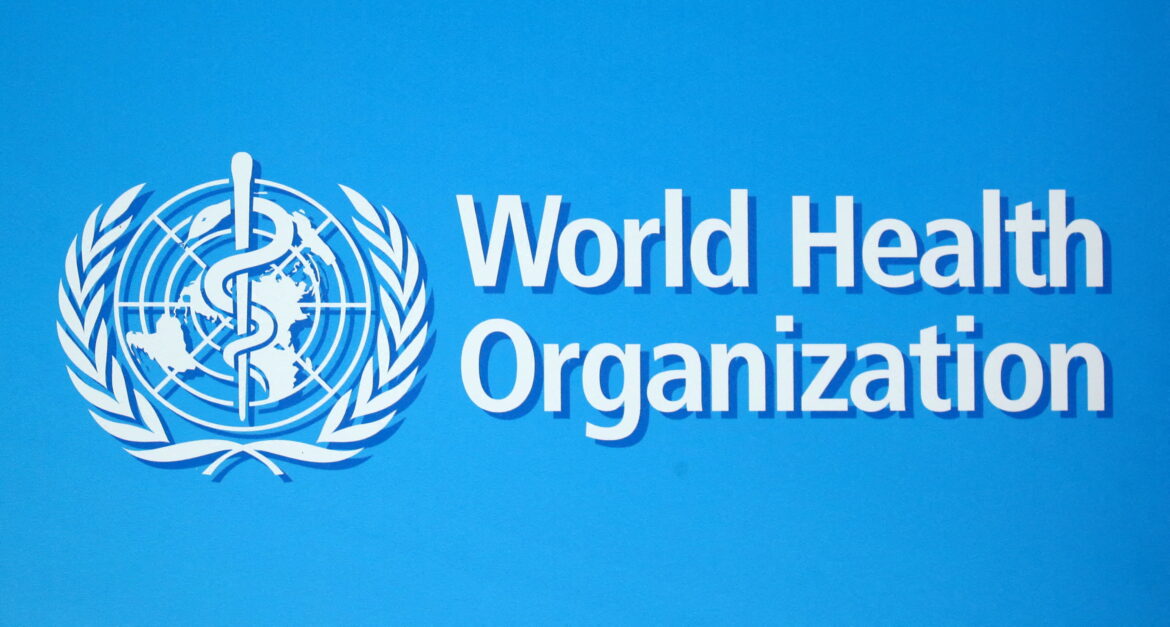By Asmau Ahmad
The World Health Organisation (WHO) has expressed readiness to support the Nigerian government to curb the spread of diphtheria across the country.
WHO Director-General, Dr Tedros Ghebreyesus, said the global health body would support the government to improve vaccination, surveillance, case management, and risk communication.
The WHO DG also hinted during a briefing on Wednesday, that the health organisation is working with partners to increase access to vaccines and antitoxins.
Diphtheria is a serious infection caused by strains of bacteria called Corynebacterium diphtheriae that make toxins. It can lead to difficulty breathing, heart rhythm problems, and even death.
Speaking at the briefing, Ghebreyesus revealed that more than 9000 suspected cases have been reported across 17 states in Nigeria, with 307 deaths.
While describing diphtheria as highly contagious, the WHO DG noted that the disease is vaccine-preventable.
He added, “Diphtheria is a highly contagious but vaccine-preventable disease, caused by a bacterium which can be fatal in 5 to 10% of cases, with a higher mortality rate in young children.
“In response, WHO is supporting the government to improve vaccination, surveillance, case management, and risk communication. We are also working with partners to increase access to vaccines and antitoxin.
“This outbreak and others highlight the need to increase routine vaccination to stop these outbreaks before they start.”
On COVID-19 data, Ghebreyesus lamented that deaths are increasing in some parts of the Middle East and Asia, while ICU admissions are increasing in Europe.
He added, “We continue to see concerning trends for COVID-19 ahead of the winter season in the northern hemisphere. Deaths are increasing in some parts of the Middle East and Asia, ICU admissions are increasing in Europe and hospitalizations are increasing in several regions.
“Still, data is limited. Only 43 countries – less than a quarter of WHO Member States – are reporting deaths to WHO, and only 20 provide information on hospitalizations. Globally, there is not one variant that is dominant.
“The variant of interest EG.5 is on the rise, while the XBB subvariants are declining. The BA.2.86 variant has been detected in small numbers in 11 countries.
WHO is monitoring this variant closely to assess its transmissibility and potential impact.
“One of WHO’s biggest concerns is the low level of at-risk people who have received a dose of COVID-19 vaccine recently. Our message is not to wait to get an additional dose if it is recommended for you.
“Yesterday, WHO published an annex to our global Strategic Preparedness and Response Plan for COVID-19, which further supports countries in five critical areas: collaborative surveillance, community protection, safe and scalable care, access to countermeasures and coordination.”


